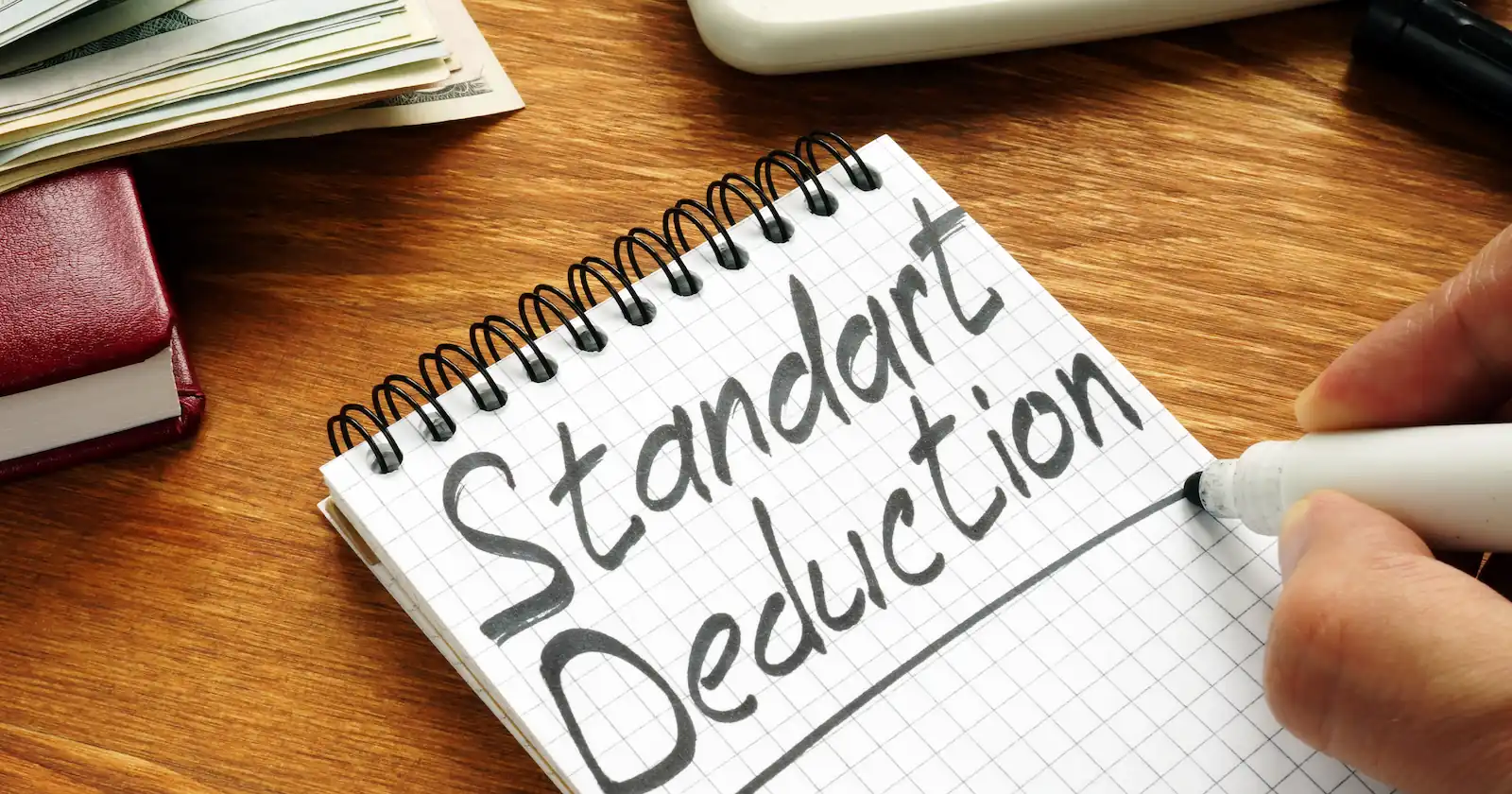The Income Declaration Scheme, 2016
By CA Ankit Gulgulia (Jain)
ankitgulgulia@gmail.com
While presenting the Budget for Fiscal year 2016-17, Finance Minister Mr. Arun Jaitley came out with an Amnesty like Income Declaration Scheme, 2016 of one time compliance window for domestic black money holders to come clean by paying tax and penalty at a combined rate of 45%. This is a limited period compliance window for domestic tax payers to declare undisclosed income represented in any form of assets and clear up past transgression by paying tax at the rate 45% (30% Tax + 7.5% Sur-charge + 7.5% Penalty) of the undisclosed income. The surcharge collected under the scheme shall be called Krishi Kalyan Surcharge, for use in agriculture and rural economy.
The compliance window shall be open from 1st June, 2016 and will remain open up to the date to be notified by the Central Government in the official gazette. The scheme is applicable in respect of undisclosed income of any financial year upto F.Y. 2015-16. The payment of Tax can be made within 2 Months of the declaration. The Income so declaredshall not be subjected to any scrutiny or prosecution or assessment under the Income Tax Act, 1961 & Wealth Tax Act, 1957. The said declarations under the scheme shall also get immunity from the Benami Transaction (Prohibition) Act, 1988 subject to certain conditions.
Any declaration made under the scheme by way of misrepresentation or suppression of facts shall be treated as void. Once a declaration is made but no tax or penalty is paid within the time specified (2 months) in the scheme, the undisclosed income shall be chargeable to tax under the Income-tax Act in the previous year in which such declaration is made. The declarant shall file proof of payment of tax with the principal Commissioner or the Commissioner before whom the declaration was made..In case any income is accrued, arisen or received or any asset is acquired out of such income prior to commencement of this Scheme and the said income is not disclosed under the scheme then such income shall be deemed to have accrued, arisen or received, or the value of the asset acquired out of such income shall be deemed to have been acquired or made, in the year in which a notice under section 142, section 143(2) or section 148 or section 153A or section 153C of the Income-tax Act is issued by the Assessing Officer and the provisions of the Income-tax Act shall apply accordingly. Any amount of tax, surcharge or penalty paid under the scheme shall be not be refundable.
All the 7 categories of persons as defined in Section 2(31) of the Income Tax Act, 1961 are eligible for declaration under scheme for disclosure of Income. Declaration can be made after commencement of this scheme in respect of:
- Declaration can be made for the period a return of income has not been filed under Section 139 of the Income Tax Act, 1961.
- Declaration can be made for period where income was not disclosed in the return of Income.
- For Income which has escaped assessment by reason of omission or failure on the part to furnish a return under the Income Tax Act, 1961.
Declarations can be made for undisclosed Income or income in form of asset. The value of asset for the purpose of payment of tax under the scheme shall be the Fair Market Value of such asset as on the date of commencement of this scheme. No deduction shall be allowed in respect of any expenditure or allowance against the income for which the declaration is made.
The amount of undisclosed income declared under the scheme shall not be included in the income of the declarant for any assessment year under the Income Tax Act provided payment of tax, surcharge and penalty is made.
Pursuant to the scheme the following cases shall not be eligible for the scheme:
- where notices have been issued under section 142(1) or 143(2) or 148 or 153A or 153C, or
- where a search or survey has been conducted and the time for issuance of notice under the relevant provisions of the Act has not expired, or
- where information is received under an agreement with foreign countries regarding such income, or
- cases covered under the Black Money Act, 2015, or
- persons notified under Special Court Act, 1992, or
- cases covered under Indian Penal Code, the Narcotic Drugs and Psychotropic Substances Act, 1985, the Unlawful¨ Activities (Prevention) Act, 1967, the Prevention of Corruption Act, 1988.
The Central Board of Direct Taxes (CBDT) is empowered to make rules for carrying out the provision of this Scheme and for removal of any difficulty that may arise in giving effect to the provisions of this scheme.
Related Tags Income Tax, Incometax














